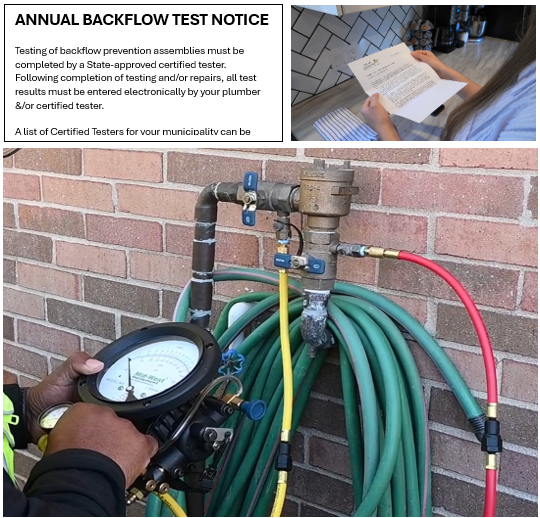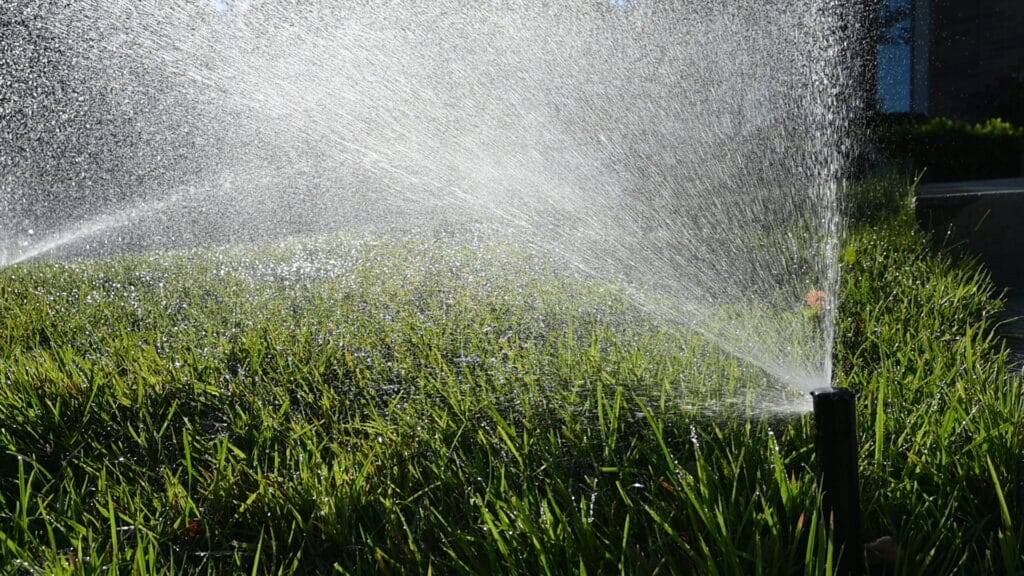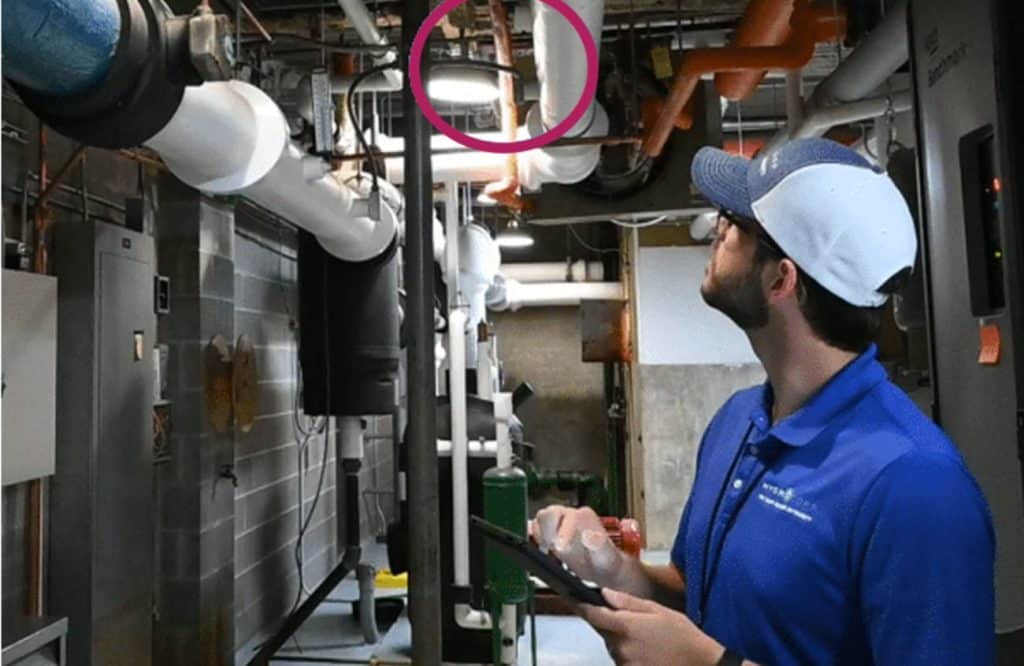Short Version:
- Spring has spring, and a host of backflow preventers come back online or are installed for lawn irrigation systems for both residential and non-residential service connections.
- Public Awareness helps achieve backflow test compliance in a number of ways, as an educated and trusting public is more likely to follow the required testing schedules.
- Top ways to reach your water customers include social media, backflow FAQ web page, newsletters, and local media Download the SAMPLE Public Awareness Toolkit to get a head start on touching base with your water customers this spring.
Like most public water systems, springtime changes in weather and operations also marks an important calendar phase: Irrigation System Activations. All irrigation systems connected to a public water system require some sort of backflow preventer. Requirements vary from state to state, and often backflow preventers on irrigation systems must be tested annually by a qualified tester, in conjunction with a document of the test results for owner and public water system recordkeeping. If unprotected, this cross-connection could introduce runoff, animal droppings, or fertilizer into the water in the event of a backflow event. One powerful tool to combat this hazard is through public awareness and active engagement with the water customers who actually own the backflow preventer assemblies in question and need to be aware of the risks involved.

Amidst the excitement of springtime lawn care rituals, water utility managers and directors must prioritize effective communication strategies to engage and educate customers about their roles and responsibilities in maintaining water safety standards. Public awareness campaigns play a pivotal role in fostering a culture of accountability and cooperation among stakeholders. By proactively disseminating information about backflow preventer testing requirements and other pertinent regulations, water utility managers empower customers to play an active role in safeguarding the quality of the water supply.
Building Trust through Transparency
Transparency is a cornerstone of establishing trust. Water utility managers must strive to maintain open lines of communication with customers, fostering a culture of accountability. Transparent reporting of water quality data, regulatory compliance records, and enforcement actions helps to build confidence in the integrity of the public water supply and demonstrates a commitment to accountability and stewardship. When water customers find their water utility trustworthy, they are much more likely to participate in and comply with local ordinances that will in turn achieve regulatory compliance for the utility.

Communication is Key
Water utility managers should seize the opportunity presented by the springtime activation of irrigation systems to engage with customers and raise awareness about the importance of backflow prevention and cross-connection control. Timely and transparent communication channels, such as newsletters, social media platforms, and dedicated customer portals, serve as invaluable tools for disseminating information about regulatory requirements and best practices for maintaining water safety.

By initiating proactive communication campaigns well in advance of the irrigation season, water utility managers can ensure that customers are informed in advance about backflow preventer testing schedules, compliance deadlines, and the potential consequences of non-compliance. Clear and concise messaging that emphasizes the shared responsibility of safeguarding the water supply fosters a sense of community ownership and encourages active participation in compliance efforts.
Empowering Customers through Education
In addition to raising awareness about regulatory requirements, water utility managers must prioritize educational initiatives aimed at empowering customers with the knowledge necessary to understand the real dangers the inform and drive the safety standards. Video content, public forums, and informational materials can provide homeowners with practical guidance on proper irrigation system maintenance, backflow preventer assemblies, and on the topic of backflow prevention and cross-connection control in general.
By equipping customers with the knowledge and resources, water utility managers empower them to actively buy into the program and share the responsibility of protecting the integrity of the public water supply. From scheduling professional backflow preventer tests to becoming more aware of hose bibb vacuum breakers, informed and engaged water customers play a pivotal role in mitigating the risk of backflow contamination and ensuring the continued delivery of clean and safe drinking water to their communities.
Wrap Up
As we usher in the sights and sounds of spring, let us not forget the paramount importance of backflow preventer test tracking. By prioritizing public awareness and actively engaging water customers as partners in the protection of the drinking water, water utility managers can strengthen the integrity of the public water supply and can more easily achieve regulatory compliance. Through transparent communication and educational empowerment, we can ensure that our communities thrive in an environment where water customers are just as proud to participate in backflow preventer testing as there are of their lawn care efforts!

